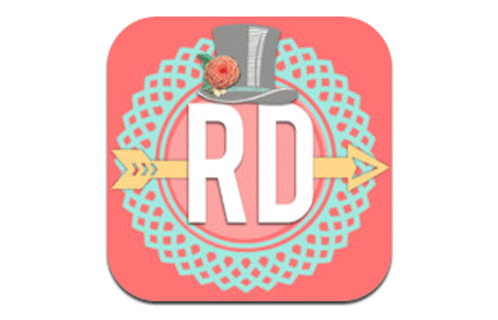I do love unusual words
I guess what can be an unusual word for one person could be a perfectly ordinary word for another, it depends on your vocabulary, regular use of these words, or maybe whether or not you were exposed to these words as part of your learning and when you were growing up. As Welsh is my first language, for those of you who do not speak it, even an everyday common word for me such as ‘cwtch‘ might be an unusual word. When you read it’s definition in the link, don’t just think it’s a hug or a special place under the stairs, because a ‘cwtch‘ means so much more than that. It’s special. When I mean special, I mean safe, loving, warm and just a magical experience. You can be ‘cwtched‘ up in bed with a lovely warm blanket and cosy quilt, and if you ever meet me in person, trust me, you are probably quite likely to ‘get’ a ‘cwtch‘ from me. That’s just the way I am. I’m a ‘cwtchy‘ person, I love a ‘cwtch‘ and receiving one back too!
Back to the reason why I’m writing this post.
Children are often intrigued by things that are not always ordinary – and before you ask me why not use the word ‘normal’, I try not to use it as I believe it’s one of the most destructive, nastiest words in the English language. That’s another post altogether on why ‘normal’ is a dirty word. Back to children and being intrigued.
If we want to develop the literacy skills of our children, then sometimes maybe we need to just use or introduce words that are unusual too, creating a sense of curiosity in what these words might be. Use them as learning and thinking hooks, asking the children what they sound like when pronounced or even what they mean.
At least you’ll get them thinking about words if nothing else at this point. When something is different and out of the ordinary, children get interested and curious because they have never heard or seen these words before. We all love a bit of curiosity occasionally, well I do.
I recently did an ‘unusual word’ a day on Twitter and used two amazing apps Rhonna Designs and Repix to create some extra visualisation. They seemed to go down very well, and since have been challenged by many to continue the ‘unusual word’ a day.
Here are the unusual words I posted and wondered whether anyone else may like to take the challenge or share your thoughts.
So, will you think about introducing some ‘unusual words’ into your teaching and learning?
I just love all things unusual, especially words, and the more challenging to pronounce, the better.
Watch out for Unusual Words #2 coming soon.
Do let me know what you think won’t you?
For now….over and out.



















Join the conversation